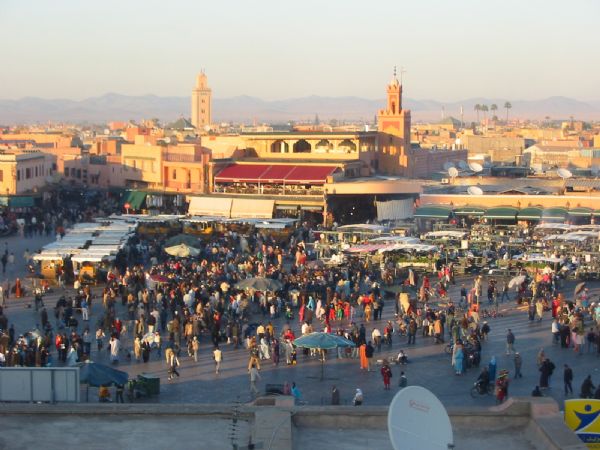Morocco in Focus
Morocco in Focus
Women, Faith and Freedom
Ninety-nine percent of Morocco's population is Muslim, and since the country gained its independence from France in 1956, Moroccans have worked to reconcile their democratic system of government with the traditions of Islam. The result is a hybrid: a constitutional monarchy, where the king rules alongside an elected legislature. The King's interpretation of Islam, aided by scholars, is central to dictating the status of and freedoms afforded to women; his blessings and backing are influential in determining what women are supposed to do -- and can do -- especially in public life.
In 2003, King Mohamed VI announced a landmark change -- the reform of the Mudawwanah, or official Family Code, which dictates the roles and relationships between men and women. This reformed code significantly improved the legal status of women. It brought an end to the wife's duty of obedience to her husband and accorded them equal responsibility for running the home and rearing children.
The Moroccan culture is slowly changing. Religion is being reinterpreted and democracy refined to fit the needs of modern life, while preserving some traditions. As activists, religious leaders, and members of Parliament, women are carrying the country forward. Adamant about not abandoning their religious beliefs or their commitments to true democracy, Moroccan women are modeling in their own lives and relationships how both are not only possible, but will benefit the nation for future generations.


